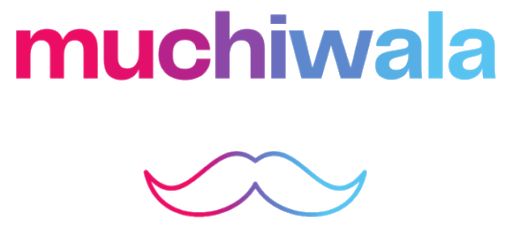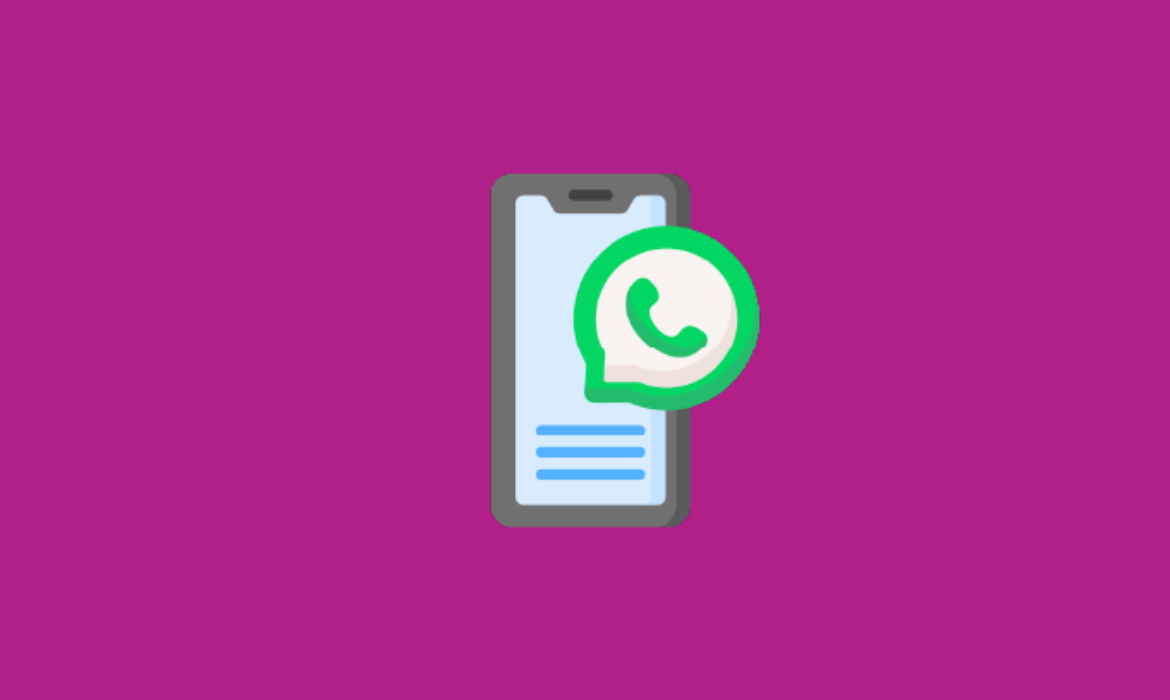What are Bulk WhatsApp messages?
To send WhatsApp bulk messages, you need to understand, what are bulk WhatsApp messages and how they can be useful in business.
Bulk WhatsApp messages refer to sending a large number of messages to multiple recipients. This is often used by businesses and organizations for purposes such as marketing, notifications, customer service, and communication with a large audience. Here are some key points on how to send bulk WhatsApp messages:
- Marketing and Promotions:
Businesses use bulk messaging to promote products, services, or events to a wide audience efficiently.
- Notifications:
Companies can send alerts, reminders, and important updates to customers or employees.
- Customer Engagement:
Helps maintain direct and personalized communication with customers, enhancing customer service and support.
- Automated Messaging:
Often, businesses use automated systems or third-party services to schedule and send WhatsApp Bulk Messages.
- Compliance and Opt-in:
It’s important to comply with WhatsApp’s policies and ensure that recipients have opted in to receive messages to avoid spam and legal issues.
- Personalization:
Messages can be personalized with the recipient’s name or other details to increase engagement and response rates.
- Multimedia Support:
Bulk messages can include text, images, videos, and documents, making them versatile for various types of communication.
- Delivery Reports:
Many bulk messaging services provide delivery reports and analytics to track the success of the campaigns.
How is WhatsApp Messaging important for Business?
Several businesses are promoting their operations online and dig up different & unique methods to take their business one step ahead into a successful future. WhatsApp messaging has become a vital tool for businesses due to its widespread usage, accessibility, and robust feature set. By leveraging WhatsApp, businesses can enhance direct communication, reach a larger audience, personalized engagement, support from rich media, secure conversation, global accessibility, integration & automation, and group messaging, ultimately leading to improved customer satisfaction and business growth.
What is Whatsapp Business API?
WhatsApp Business API (Application Programming Interface) is a powerful tool designed to help medium and large businesses communicate with their customers on a large scale using the popular messaging platform, WhatsApp. Unlike the regular WhatsApp Business App intended for small businesses, the API is geared toward enabling more complex integrations, automation, and large-scale customer interactions. This tool is used for businesses looking to enhance their customer communication, streamline operations, and leverage the widespread use of WhatsApp. By integrating this API into their customer service and marketing strategies, businesses can achieve:
- Higher engagement,
- Improved customer satisfaction, and
- Significant operational efficiencies.
How is WhatsApp Business API useful?
Whatsapp Business API is a robust tool for businesses that are engaged and committed to communication links created between their operations and targeted audiences. Here’s a detailed breakdown as to how WhatsApp Business API is useful for businesses:
Enhanced Customer Engagement:
– Real-time Communication:
The API allows businesses to send and receive messages instantly, ensuring timely responses to customer inquiries.
– Personalized Interactions:
It supports rich media messages, including images, videos, and documents, making customer interactions more engaging and personalized.
Improved Customer Service
– Automation with Chatbots:
Integrate chatbots to handle common queries, freeing up human agents for more complex issues.
– 24/7 Availability:
Automated responses ensure that customer service is available around the clock, enhancing customer satisfaction.
Efficient Customer Management
– Integration with CRM Systems:
Sync with Customer Relationship Management (CRM) systems to maintain comprehensive customer profiles and histories.
– Broadcast Messaging:
Send out promotions, updates, or alerts to multiple customers simultaneously without the messages being perceived as spam.
Secure and Reliable Communication
– End-to-end Encryption:
Messages sent through WhatsApp are end-to-end encrypted, ensuring privacy and security.
– Verified Business Profiles:
Establish trust with customers by having a verified business profile that displays important information like business hours and website.
Cost-Effective Solution
– Reduced Communication Costs:
Lower costs compared to traditional SMS or email marketing, especially for businesses with a global customer base.
How and where to start with WhatsApp Business API.
Understand the Requirements
Have clear business details, including name, address, and website. Use a valid phone number for the WhatsApp Business account, ideally a dedicated business line.
Choose an API Provider
Decide whether to integrate directly with WhatsApp or use a third-party provider for easier setup and additional features. Compare features, pricing, and support services offered by different providers.
Apply for WhatsApp Business API
Apply through the chosen provider or Facebook’s WhatsApp Business API application page. Complete the business verification process, including documentation and business information.
Set Up API Integration
Set up a development environment to test the API integration. Refer to WhatsApp Business API documentation for guidelines on integration, message templates, and error handling.
Develop and Test
Develop standardized message templates for frequent communications like greetings, updates, and FAQs. Conduct thorough testing to ensure that messages are sent and received correctly and that automation features work as intended.
Launch and Monitor
Once testing is complete and the integration is stable, launch the service. Continuously monitor message delivery rates, response times, and customer interactions to identify areas for improvement.
How to Send WhatsApp Bulk Messages?
To send WhatsApp bulk messages can be a powerful tool for businesses to communicate with their customers, but it must be done carefully to overcome WhatsApp’s policies and to ensure the messages are effective and well-received.
Steps to Send WhatsApp Bulk Messages:
Step 1: Building Your Contact List
- Use sign-up forms, lead magnets, and other methods to collect phone numbers. Ensure you have clear permission to send WhatsApp bulk messages.
- Segment your contact list based on different criteria like location, purchase history, or engagement level to personalize your messages effectively.
Step 2: Crafting Effective Messages
- Personalize your messages with the person’s name and other information required. Personalized messages have higher engagement rates.
- Always remember to keep your messages short, clear, and at the point. Avoid long paragraphs and use bullet points if necessary.
- Include a clear call to action (CTA) that tells recipients what you want them to do next, whether it’s visiting a website, making a purchase, or replying to your message.
- Additionally, the usage of more images, videos, and other multimedia makes your messages more engaging.
Step 3: Sending Bulk Messages
- Segment your audience to send targeted messages. This can help improve engagement and reduce the likelihood of being marked as spam.
- Schedule your messages to be sent at optimal times when your audience is most likely to be active.
- Before you send WhatsApp bulk messages, test it with a smaller group to ensure everything works as expected and to gather initial feedback.
Step 4: Monitoring and Analytics
- Use the analytics tools provided by your BSP (Business Service Provider) to track message delivery, read rates, and responses.
- Gather and analyze feedback to understand how your messages are being received and to identify areas for improvement.
- Rephrasing your messaging strategy based on the analytics and feedback regularly.
- Experiment with different message formats, CTAs, and sending times to see what works best.
Tips to send WhatsApp bulk messages for business
Always prioritize the quality of your messages and respect your recipients’ preferences to maintain a positive relationship with your audience. Implement these tips to send WhatsApp bulk messages that are effective, engaging, and respectful of your audience’s preferences.
- Personalize your messages as required.
- Keep your messages short and highlight the key points.
- Ensure media is relevant to the message and include a clear call to action.
- Respect the privacy and preferences of the recipients.
- Send messages at a time when your audience is likely to be available and attentive.
- Maintain a professional tone and avoid using slang.
- Group your contacts into relevant categories to send more targeted messages.
- Monitor the performance of your messages and track feedback.
Conclusion
To Send WhatsApp Bulk messages, requires careful planning, adherence to policies, and the right tools. By following these steps and tips, you can effectively leverage WhatsApp to communicate with your audience, increase engagement, and drive business results. By leveraging the WhatsApp Business API, businesses can significantly enhance their customer communication, provide better service, and drive growth through efficient and personalized interactions.

